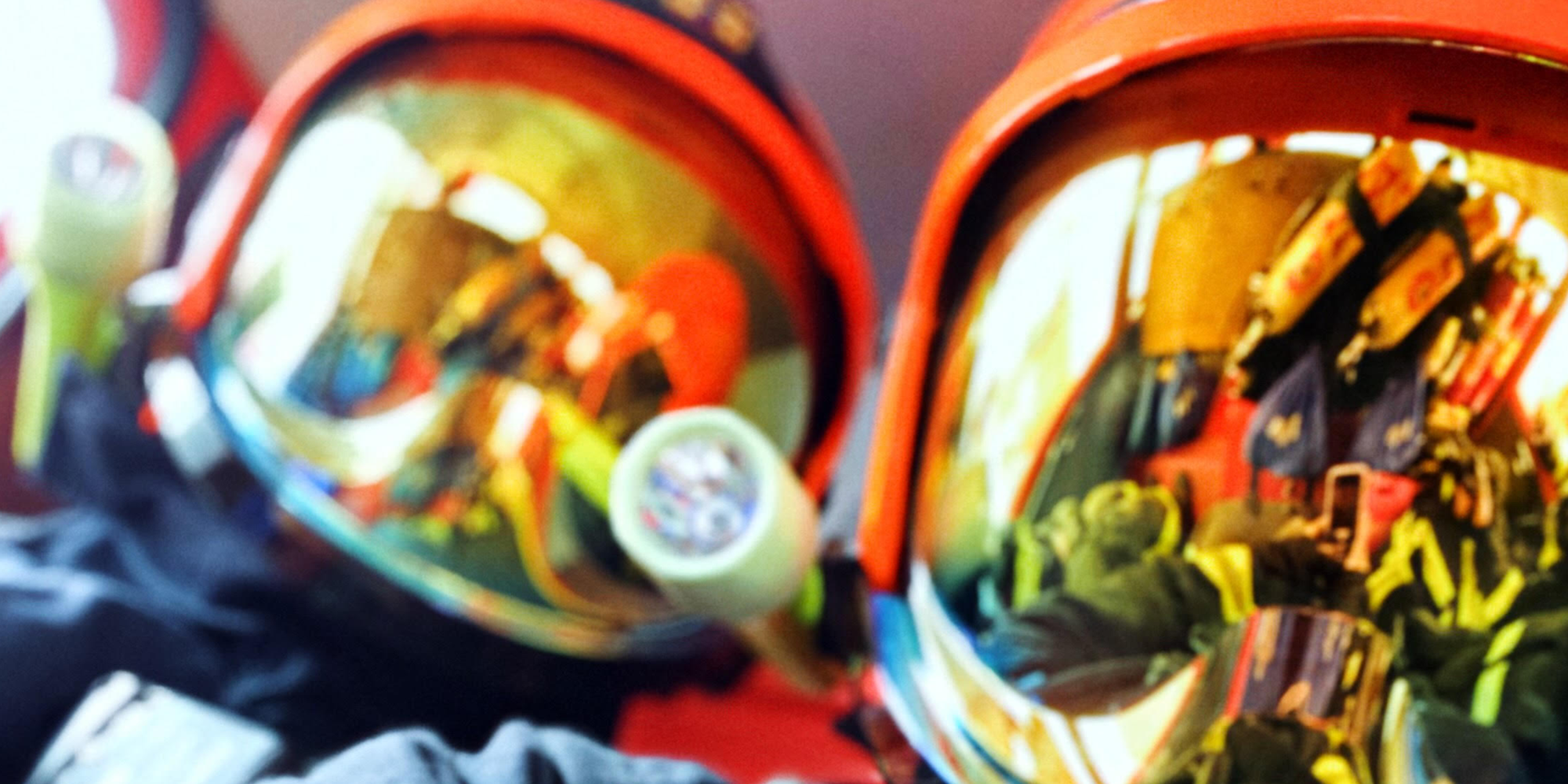Content
Problems with alcohol are linked to a life that lacks order and feels out of control. This lifestyle leads to distance from others and more conflict within a family. Because it is difficult to manage life with a drinking problem, it is harder to be a good parent. People should work with their health care providers to find the best medication or combination of medications and the right dose. To find the latest information about medications, talk to a health care provider and visit the FDA website .
- This is especially true for negative experiences versus neutral or positive ones.
- Looking more specifically at facets of emotion dysregulation, PTSD symptoms had an indirect effect on alcohol-related consequences through Impulse Control Difficulties and Difficulties Engaging in Goal-Directed Behavior in the full sample.
- Prior to consumption, the vodka was kept in a freezer to minimise taste intensity.
- Many people with post traumatic stress disorder (PTSD) experience blackouts, among other symptoms.
- In the shallow encoding, delayed recall condition, 10 participants (43.5%) showed the effect, 11 (47.8%) did not, and 2 participants (8.7%) improved after-MBO.
In the depth of encoding study, control participants showed a greater drop in performance after alcohol, suggesting that they were more impaired by the presence of alcohol than the MBO group in both immediate and delayed recall. The depth manipulation presented target words in a contextual sentence, or narrative, while the shallow presentation simply asked for a visual recognition judgment (upper- or lower-case letters). After alcohol, both groups performed similarly in deep and shallow conditions however, before alcohol, more words were recalled from the deep context than the shallow. Alcohol is known to affect encoding [57] therefore some may consider a greater drop in performance for deeply encoded items, compared to shallow, following alcohol consumption to be surprising. It may be that deeply encoded items, said to have a stronger memory trace [58], would be more impervious to the effects of alcohol on free recall.
Signs of a PTSD Blackout
A person experiencing a blackout is conscious and interacting with his or her environment; whereas, a person who has passed out from alcohol has lost consciousness and capacity to engage in voluntary behavior. Memory deficits during a blackout are primarily anterograde, meaning memory loss for events that occurred after alcohol consumption (White, 2003). There is no objective evidence https://ecosoberhouse.com/ that a person is in an alcohol-induced blackout (Pressman and Caudill, 2013), thus it can be difficult or impossible to know whether or not a drinker is experiencing a blackout (Goodwin, 1995). This is similar to the fact that one cannot know whether another person has a headache; the experience is happening inside that person’s brain, with no clear observable indices.
The early stages of intoxication create a paradoxical effect on creating memories, in that your first drink can actually make it easier to remember things, if consumed right after you experience something. This arousal heightens your attention and aids the process of saving details for later. What you do post to your memory can stick with you, especially when you go back to look at your old “posts,” otherwise known as memory recall.
PTSD UK Blog
All experiments were presented using experimental software E-Prime 1.2 (Psychology Software Tools, Pittsburgh, PA). In both the Free and Serial tasks, participants were presented with 3 blocks of 15 study words on a computer screen and asked to remember them. Stimuli were word lists taken from Roediger and McDermott [38], totalling 270 unique stimuli split into 18 blocks (9 blocks free recall task, 9 blocks serial recall task). ptsd alcohol blackout Blocks for each individual task were presented pseudo-randomly, counterbalanced across participants. In study blocks, individual words were presented for 1000ms, followed by a blank inter-trial interval of 2000ms. Following each study block of 15 words in the free recall task, participants were asked to recall as many words as they could remember, in any order, by typing their response onto the screen using a keyboard.

